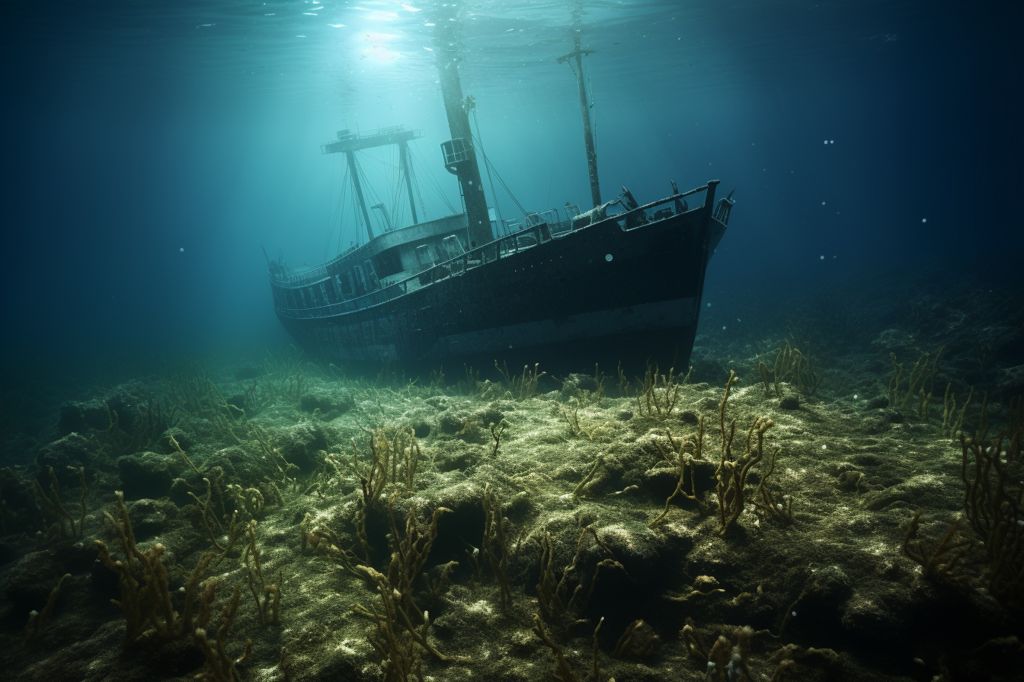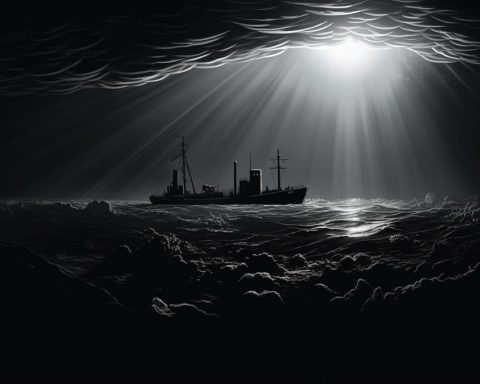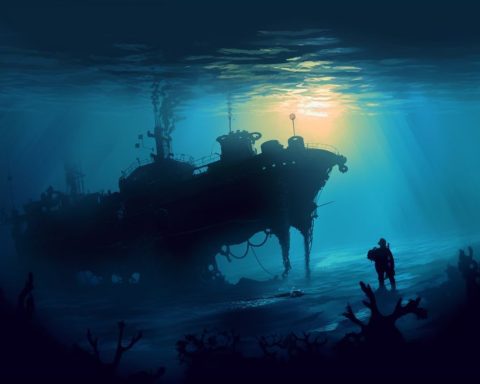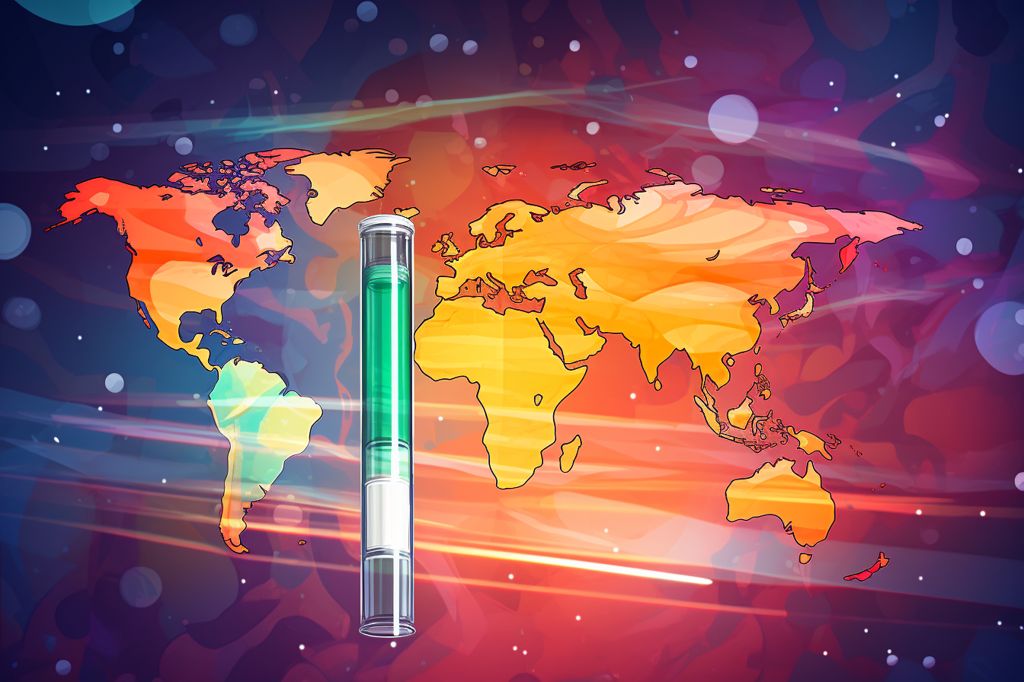On June 18, 2023, a catastrophic event unfolded in the depths of the North Atlantic Ocean when the Titan sub, operated by US-based company OceanGate, imploded during a dive into the Titanic wreck. Unfortunately, all five individuals on board lost their lives. The disaster not only marked a dark day for the world of underwater exploration, but it also raised serious questions about the safety policies of the company behind the expedition.
The Implosion and the Aftermath
The Titan sub was reported missing on the fateful day and, four days later, the US Coast Guard confirmed the implosion, putting an end to a rescue operation that had gripped the world’s attention. Among the deceased were OceanGate’s CEO Stockton Rush, British explorer Hamish Harding, French submarine expert Paul-Henri Nargeolet, and Pakistani-British tycoon Shahzada Dawood and his son Suleman.
In the wake of the tragedy, OceanGate announced on its website that it had suspended all exploration and commercial operations indefinitely. It came two weeks after the incident, as investigators worked tirelessly to uncover the causes behind the fatal implosion. Experts managed to recover presumed human remains from the wreckage, which was eventually brought to the port of St. John’s, Newfoundland, in eastern Canada.
The Discovery and the Cost
The victims are believed to have perished instantly as the Titan, roughly the size of an SUV, succumbed to the immense pressure over two miles beneath the ocean’s surface. A debris field was discovered 1,600 feet away from the Titanic’s bow, which lies 400 miles off the coast of Newfoundland. This infamous shipwreck, having claimed the lives of more than 1,500 passengers and crew members in 1912 during its maiden voyage, was discovered in 1985 and has since become a magnet for maritime enthusiasts and underwater adventurers.
OceanGate Expeditions charged a staggering $250,000 per seat on their sub, a price that now seems insignificant compared to the immense cost of human life. The tragic implosion has brought to light previous concerns about the company’s safety policies, prompting both the US Coast Guard and Canadian authorities to launch investigations into the incident.
The Consequences of Risk-taking
The Titan lost contact approximately an hour and 45 minutes after its descent, leaving the world to hope against hope for a positive outcome. Unfortunately, this tale ended in tragedy, leaving us to ponder the risks and rewards associated with the pursuit of knowledge and exploration.
This incident serves as a reminder of the power and unpredictability of nature, as well as the inherent dangers that accompany venturing into the unknown. As we continue to push the boundaries of human exploration, the tragedy of the Titanic sub will undoubtedly weigh heavily on our collective conscience, urging us to prioritize safety and caution in all our endeavors.










